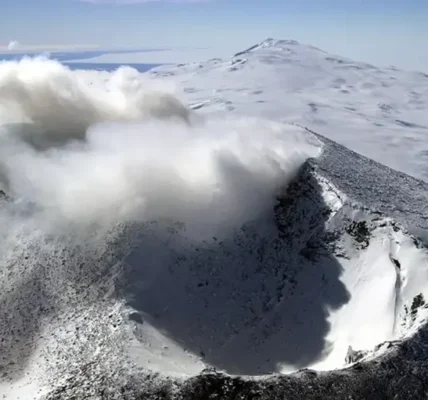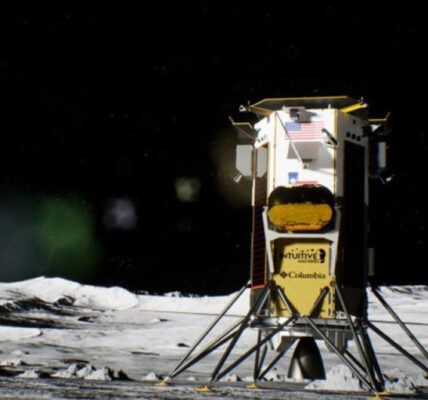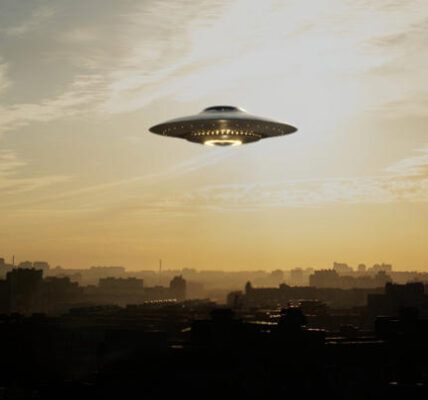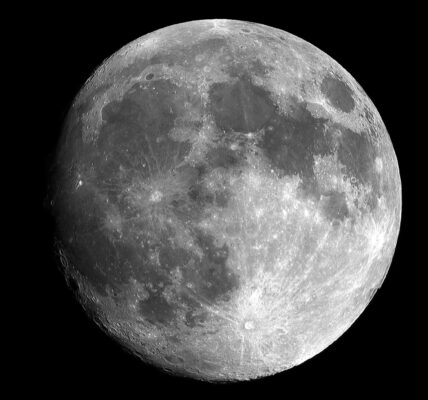Black Holes and Dark Energy Connection: Unlocking the Universe’s Mysteries
Black Holes and Dark Energy Connection could reshape our understanding of the universe. Discover how black holes might be linked to dark energy and the universe’s accelerating expansion.
For years, scientists have been puzzled by dark energy, a mysterious force driving the universe’s expansion. It accounts for around 70% of everything in existence, yet we hardly understand it. Now, a new study suggests a surprising link: black holes. Could black holes be key players in the universe’s expansion? Researchers, including Gregory Tarlé from the University of Michigan, have been exploring this black holes and dark energy connection and its implications for understanding our cosmos.
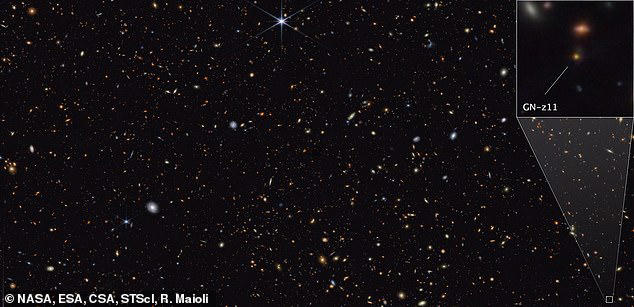
The Enigmatic Force of Dark Energy
Dark energy is thought to be the force accelerating the universe’s expansion, but it remains one of the biggest mysteries in science. When the universe was young, matter and gravity dominated, gradually slowing down its expansion. However, around 5 billion years ago, dark energy took over, “hitting the gas” on the universe’s expansion once again. But where did dark energy come from? And how did it suddenly begin to drive expansion on such a massive scale? To find answers, scientists have been looking at the areas in the universe where gravity is strongest today, which led them to black holes.
Black Holes: The Universe’s Gravitational Powerhouses
Black holes are fascinating cosmic phenomena with gravity so strong that even light cannot escape them. When a massive star dies, it can collapse into a black hole, creating one of the most intense gravitational fields in the universe. According to Tarlé’s team, black holes might hold the key to understanding dark energy. They suggest that black holes and dark energy connection may exist due to “cosmological coupling” – a relationship between black holes and the universe’s expansion.
This idea is based on the notion that black holes aren’t isolated objects; they may actually interact with the universe’s fabric. Tarlé and his team propose that black holes may be filled with dark energy, which grows as the universe expands. This could mean that black holes are directly linked to the expansion of the universe.
The Cosmological Coupling Hypothesis
The cosmological coupling hypothesis is a bold new approach. According to this theory, black holes are “cosmically coupled” to the universe, meaning that as the universe expands, the dark energy within black holes also grows. This theory implies that black holes could be fueling the universe’s accelerating expansion.
Tarlé explains that when a black hole forms, it’s similar to a “reverse Big Bang.” In this process, a collapsing star’s matter could transform into dark energy. If this idea holds, then black holes could play a major role in the universe’s dark energy.
The concept is groundbreaking because it not only helps us understand dark energy, but also addresses another long-standing mystery: the singularity at the heart of black holes. In traditional theories, black holes contain a singularity, a point where density becomes infinite and physics breaks down. However, Tarlé’s theory suggests that if black holes contain dark energy, this might eliminate the need for singularities altogether.
Evidence from DESI: Dark Energy’s Changing Density
To test their theory, the research team analyzed data from the Dark Energy Spectroscopic Instrument (DESI). DESI is an advanced telescope that uses 5,000 robotic eyes to survey galaxies and quasars across vast distances, building a 3D map of the universe that spans billions of light-years.
DESI’s first year of data showed that the density of dark energy might not be constant, as previously believed. Traditionally, scientists assumed dark energy was a fixed property of space itself. However, DESI’s findings suggest that dark energy’s density could actually be changing over time. This shift aligns with the cosmological coupling hypothesis, which proposes that as more black holes form, the amount of dark energy in the universe increases.
Tarlé and his team analyzed how dark energy density and black hole formation appeared to move in sync. As stars died and formed black holes, the dark energy in the universe seemed to increase accordingly. This connection between black holes and dark energy connection offers strong support for their theory.
Black Holes as Dark Energy Generators?
If black holes indeed contain dark energy, they could serve as “engines” for the universe’s expansion. This view would redefine the role of black holes in cosmology. Instead of simply consuming matter and light, black holes might also be producing dark energy that drives the universe outward. This perspective has profound implications for our understanding of the cosmos, including the nature of black holes themselves.
The black holes and dark energy connection also raises new questions about the early universe. Scientists speculate that in the very early moments after the Big Bang, dark energy caused the universe to expand rapidly. Over time, this energy might have transformed into matter. But what if, in today’s universe, the reverse happens within black holes? If matter becomes dark energy in black holes, it could mean that these powerful objects are central to the universe’s ongoing expansion.
A Future Without Singularities?
One of the most intriguing parts of this theory is its potential to address the concept of singularities within black holes. A singularity represents a point where gravitational forces become infinite, defying the laws of physics. Einstein himself doubted the existence of singularities, considering them a shortcoming in his theory of general relativity. Tarlé’s theory provides a possible solution: if black holes are filled with dark energy, they may not have singularities at their cores after all. This idea could revolutionize our understanding of black hole physics and support Einstein’s initial doubts about singularities.
What’s Next for the Black Holes and Dark Energy Connection?
The black holes and dark energy connection theory is still in its early stages. The team plans to continue their research as DESI collects more data over the next few years. This additional data could help confirm whether dark energy’s density is indeed changing and if black holes are truly linked to this mysterious force. Another goal is to investigate the distribution of these “cosmologically coupled” black holes across the universe.
Further studies could reveal even more about how black holes and dark energy interact. Researchers also hope to develop an “interior solution” for cosmologically coupled black holes, providing a more detailed understanding of what lies inside these objects. As they gather new insights, Tarlé and his team are optimistic that their work will bring us closer to understanding the true nature of dark energy and black holes.
The Future of Cosmology: Solving the Dark Energy Puzzle
The black holes and dark energy connection theory marks an exciting step in our quest to unravel the universe’s mysteries. If black holes indeed contain dark energy and contribute to the universe’s expansion, it could bring us closer to understanding both phenomena. This work highlights how interconnected the cosmos truly is, where black holes – often viewed as cosmic destroyers – may also play a role in creating the energy that powers the universe’s growth.
While many questions remain unanswered, Tarlé and his colleagues have turned a theoretical question into an experimental one. As more data becomes available, we may soon know whether black holes hold the key to the dark energy puzzle. Until then, the possibility that black holes could be fueling the universe’s expansion offers a fascinating perspective on our place in the cosmos.
Related:
“Voyager-1 Communication Challenges: 5 Inspiring Breakthroughs Keeping It Alive!”

